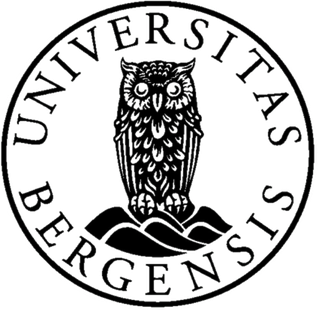University of Bergen

The University of Bergen is a young, modern university. Most of its premises are concentrated in the heart of the city of Bergen. There are about 14,500 students enrolled, and 3,200 faculty and staff.
Faculties
The University's academic landscape is characterised by its great variety and breadth. Six faculties cover most of the traditional university disciplines. Within the faculties are included 60 different specialised departments, centres and institutes.
The University's academic landscape is characterised by its great variety and breadth. Six faculties cover most of the traditional university disciplines. Within the faculties are included 60 different specialised departments, centres and institutes.
- Faculty of Humanities
- Faculty of Law
- Faculty of Mathematics and Natural Sciences
- Faculty of Medicine and Dentistry
- Faculty of Psychology
- Faculty of Social Sciences
Centres and courses
There are also an increasing number of multi-disciplinary research centres, projects and units.
There are also an increasing number of multi-disciplinary research centres, projects and units.
International students are offered master-level and doctoral training at the University of Bergen.
UiB Internationally
The University of Bergen is constantly interfacing with the international environment in order to expand its borders and to explore the world. It is heavily involved in international co-operation in research and education. The university has signed bilateral agreements with universities, research institutions and academic centres of excellence in all parts of the world.
The University of Bergen is constantly interfacing with the international environment in order to expand its borders and to explore the world. It is heavily involved in international co-operation in research and education. The university has signed bilateral agreements with universities, research institutions and academic centres of excellence in all parts of the world.
UiB is also committed to co-operating with developing countries and has established programmes with universities in Third World Countries in the areas of health, poverty, and resource management.
The University is engaged in the European Union's Framework programmes for research and technological development and has been designated as a European Research Infrastructure and a Research Training Site in several scientific fields.